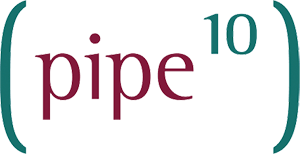In this article I’m going to give you a few pointers on what constitutes a more secure password than something basic like “letmein”…
Golden Rules
There are some golden rules when creating passwords, here they are.
- Never use personal information – Date’s of births, place of birth, names, etc.
- Don’t use basic dictionary words. There are robots/scripts out there that will just happily just go through every word in the dictionary (something we try to protect against/limit) to “brute force” your password.
- Don’t just use lower case. MiX iT uP a BiT!
- Don’t use the same password for everything.
- Do not share passwords.
- Try to change your password at least once every 3 months.
Other suggestions
There are some other things you can do, to create a better password:
- Use our password generator.
- Use a pass-phrase. This is basically a sentence or phrase, which you remember. You can use this in different ways. For example I happen to remember – My Very Easy Method Just Speeds Up Naming Planets – From this, we know there are/were 9 planets and we can create a password like this: 9mVEmjsUnP9 – This makes it easier for you to remember and still reasonably secure at the same time.
- If you can only remember one password, add something unique to that password. For example if your password was “c0mpl3x” then for your info@ mailbox use “c0mpl3xinfo” and perhaps for your database user “c0mpl3xdb” and ftp “c0mplexftp”. Though not massively improved, unique passwords will vastly limit the scope/impact of automated exploits.
- If you let your web browser remember your password – Make sure you’ve created a master password, to protect all of your passwords!

Classification: Public
Last saved: 2019/11/27 at 16:03 by Jamie
